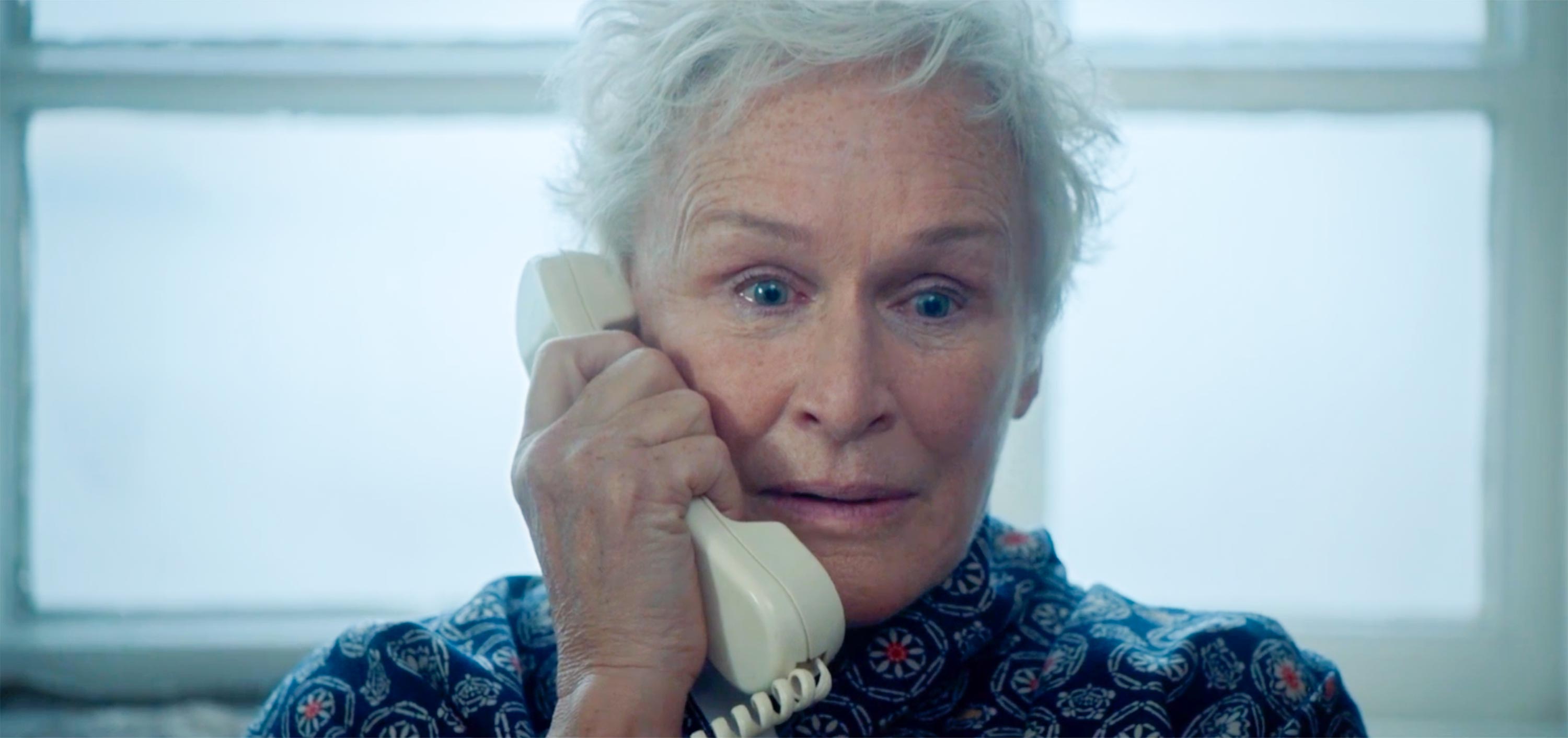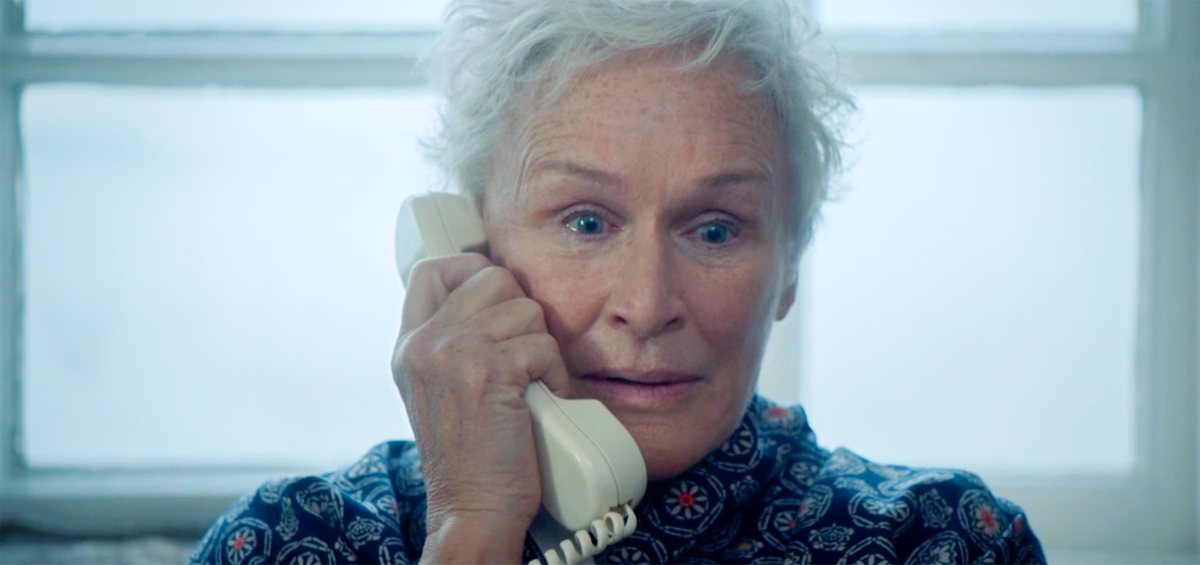The Saddest Truth About The Wife


**Spoilers ahead for The Wife.**
Set up to make us hate Joe Castleman, the end of The Wife brings to life a very recognizable reality for women. The movie is getting a lot of attention for Glenn Close’s performance as Joan Castleman, a woman who dedicated her life to her husband’s career in a way that many women today would never do.
The movie is set in the ’90s, and Joan is a student of Joe’s back at a time when women were not seen as serious contenders for any kind of literary merit. A main plot point of the film revolves around Joe’s lack of ability to bring empathy into his characters to help bring his ideas to life. So, Joe and Joan join together, under Joe’s name, to publish work.
At its core, the movie does not vilify Joe. Joan is clearly still with him for a reason, and not just because he was the only way for her work to be published, but the film does to a great job of making these two characters dependent on each other. Joe cannot find success without Joan, and vice-versa. His ideas were brought to life by her words because, as we see through flashbacks, her ideas were always somehow based around Joe’s life.
The saddest part of the entire thing isn’t that Joan and Joe had to, essentially, use each other, but rather that the reason they couldn’t, eventually, co-publish their work was all because of the way society views women. Throughout the film, it is made abundantly clear that Joe is in support of Joan and her work, but Joan is aware of how her success isn’t going to be easy or reach the level that it should.
There’s a scene where white men are talking about filling a “quota” for their publication, with women not even on the list because looking at the actual work was considered to be so over their heads. The publishers cared about the face of a white man leading the literary charge than whether or not his work was any good, which is why Joe and Joan had to join together to attain their success.
There is a moment in the beginning, before we know of Joe and Joan’s relationship, where Joe jumps on the bed with Joan and cheers about having won the Pulitzer. At first, we don’t understand her anger, but then, as the story is revealed, we can see very clearly that Joan and Joe were always in it together. Even when Joe was getting the public credit, they’d both exclaim that they, together, were published. It was a joint effort, but even at the end— after Joan tells him she wants a divorce, and even after he passes away—she still gives him the credit. At that point, she’s free to claim that it was her work all along, but I think that she’s sadly aware that no one would believe her.
Even in the ’90s, or today, a woman coming out and expressing that she was behind the work all along wouldn’t have flown. JK Rowling herself was asked to write Harry Potter under her now-famous initials, instead of “Joanne,” because publishers didn’t think boys would read something written by a woman.
This has happened throughout history, across more than just the literary world, with women’s work being attributed to—or outright stolen by—men, and there are still people who push back and insist that it’s not true. A husband dies, and suddenly, the wife claims that she was behind the work all along? Joan was absolutely right. It would cause suspicion, and no one would believe her.
Joe believed in her, helped her, and even at the end when he took the credit, still knew he would have been nothing without her. He wasn’t the villain, necessarily—society was. Joan was a brilliant writer, a woman who could have won a Pulitzer all on her own, but because she was a woman at the time, couldn’t even publish under her own name.
Sure, she could have used a pen name, but together, Joe and Joan were in it for the creation, and the saddest aspect of the movie is watching as Joan sits on the sidelines to a moment that should have, at least, belonged to them both, if not just completely to Joan.
(image: Sony Pictures Classic)
Want more stories like this? Become a subscriber and support the site!
—The Mary Sue has a strict comment policy that forbids, but is not limited to, personal insults toward anyone, hate speech, and trolling.—
Have a tip we should know? [email protected]
